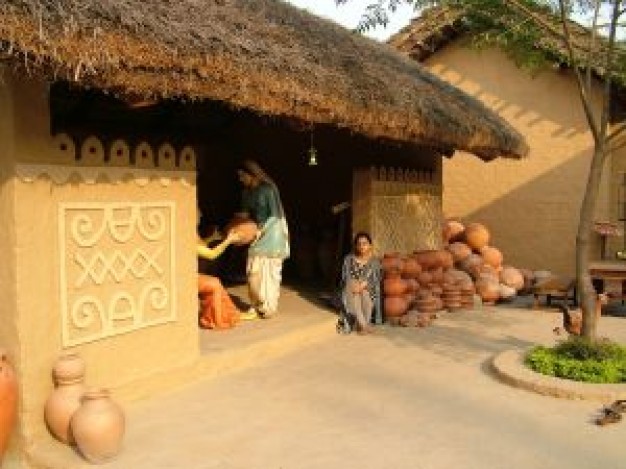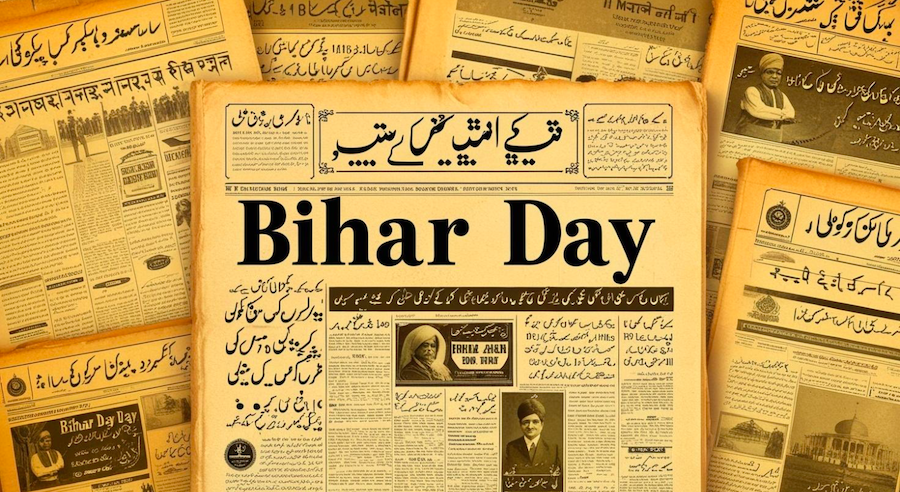Sandeep Pandey for BeyondHeadlines
Narendra Modi has started a campaign in which he is asking every Member of Parliament to adopt a village for the purpose of carrying out development works there. Either the idea seems so attractive that even opposition leaders are identifying one village in their constituency or they don’t want to be seen as left behind in this supposedly positive initiative. Usually ‘adopt a village’ kind of programs are taken up by NGOs or Corporate Houses under their CSR activities.
A MP represents a big constituency with many villages. How can a MP restrict himself/herself to the development of just one village? Are we reducing the role of an MP to that of a Gram Pradhan? Or have our MPs realized that it is not possible to develop the entire rural India, so it is better to concentrate on only one village in a constituency? This way it would be possible to give an excuse after five years that since the development efforts were carried out intensively in one village it was not possible to look after the other villages. The whole exercise would reduce to farce if even one village is not properly developed to the satisfaction of local inhabitants. The question also remains who’ll judge and based on what criteria that the village has been developed. Chances are pretty high that after the initial steam has been let out our inefficient, insensitive and corrupt system would not even be able to show results even in this singular village.
A MP is part of a system where he/she has the services of entire executive available to him/her. There is a hierarchical system in every district with officers like Chief Development Officer, Block Development Officers and Village Development Officers whose job it is to carry out developmental work. The MP can use this system to get development work performed in each village. Besides there are Gram Pradhans, Block Pramukhs, Chairperson, Zila Panchayat, MLAs and other elected representatives whose help can also be taken to get developmental work performed. MPs and MLAs also have direct control over Local Area Development Funds allotted to them which they can use to get developmental work done in their respective area.
The crucial question then is using a system of government officers and elected representatives why can’t a MP do in all villages falling within his/her constituency what he/she proposes to do in one village? In fact, it is his/her responsibility to carry out such work in all villages of his/her area. If he/she is not doing such work in some villages or most villages of his/her constituency and merely concentrating on one village then he/she is shying away from his/her responsibility.
It may appear enthralling to some and on surface but Narendra Modi has really created confusion by announcing this scheme. It gives an escape route to MPs from the bigger role that they are supposed to perform. Or is it that Narendra Modi doesn’t want them to perform any bigger roles? He has very clearly centralized the entire decision making power leaving little for the MPs to do. In any case, this program is ill-conceived and ill-fated.
Instead what should have been done is empowering the local bodies to take up developmental work on their own – as envisioned in the 73rd and 74th amendments to the Constitution. Instead of allotting a village to a MP, each Gram Pradhan should have been empowered in all villages to undertake developmental planning and programmes for social justice. Strengthening the local bodies is the only way true development which fulfills the needs of local people can take place. The articles 243-g and 243-w of the Constitution empower the rural and urban local bodies, respectively, to carry out development work in their local areas. 29 and 18 subjects have been identified, respectively, in Schedules 11, related rural areas, and 12 related to urban areas, of the Constitution in which local bodies are free to take decisions.
A reason why local bodies are not being able to assert themselves is because there is too much interference from higher level government officers and elected representatives. In fact, MLAs and MPs have no business interfering in the activities of local bodies. But it is quite common for a ruling party MLA to decide who the Fair Price Shop owner should be in various shops of his/her constituency in addition to who the local SDM or SO at the police station should be. They also arm twist or lure the Panchayat members to get the Block Pramukh or Zila Panchayat Chairperson associated with their party gets elected.
Modi’s recipe will create unnecessary conflict between MPs and MLAs and Gram Pradhans. An MP is supposed to concentrate on higher level things. A MP is part of legislature supposed to be making laws or policies to govern the country. It is the Gram Pradhan who is expected to deliver at the local level. This is also the reason why more people vote in Panchayat elections than in the Assembly or Parliament elections.
It’ll be better if MPs leave the development work to Panchayat level elected representatives assisted by the bureaucracy and themselves concentrate on law making or policy formulation and monitoring the implementation of laws and policies. Rather than themselves lifting the spade and doing the work, which they can’t do every day, it is their job to ensure that the system works. The MP may feel happy about having achieved something at a village level but he/she is not doing justice to his/her role by doing this.









